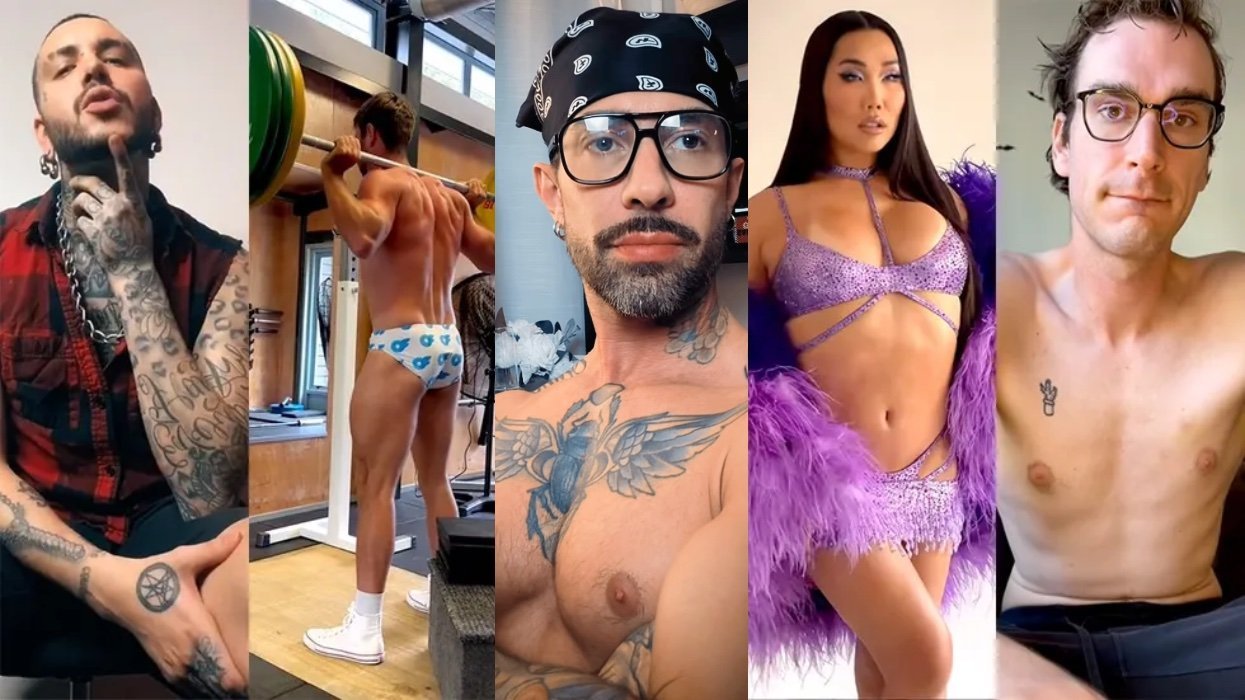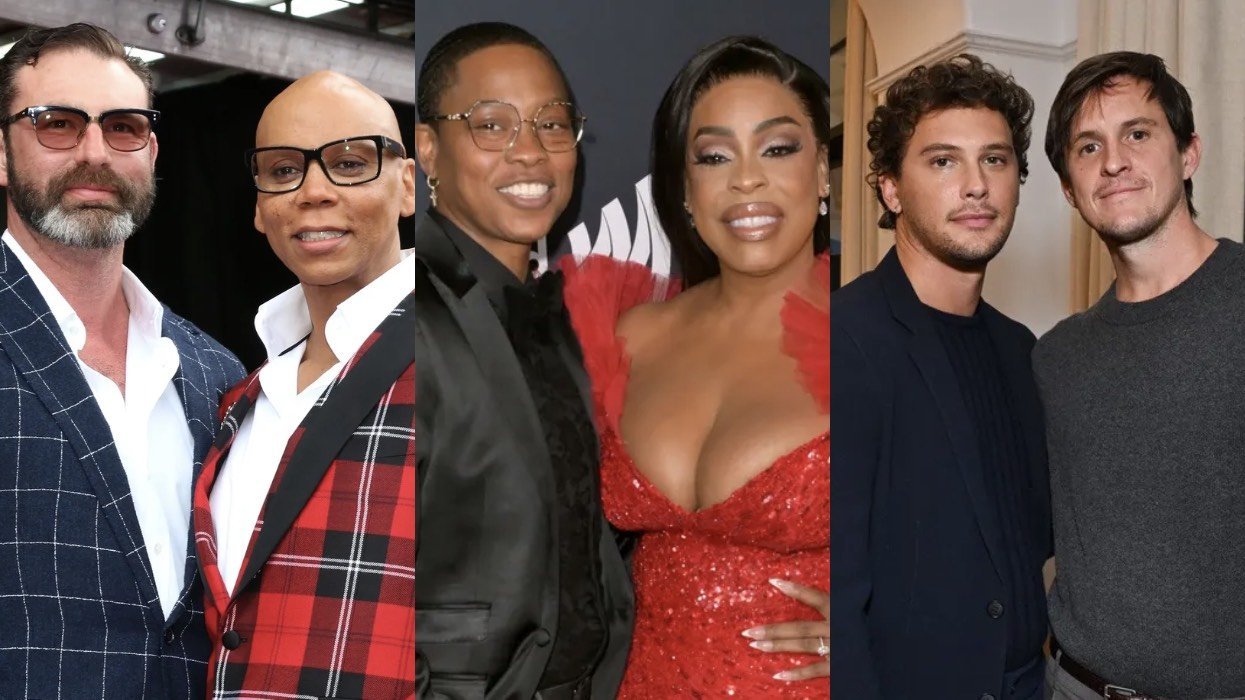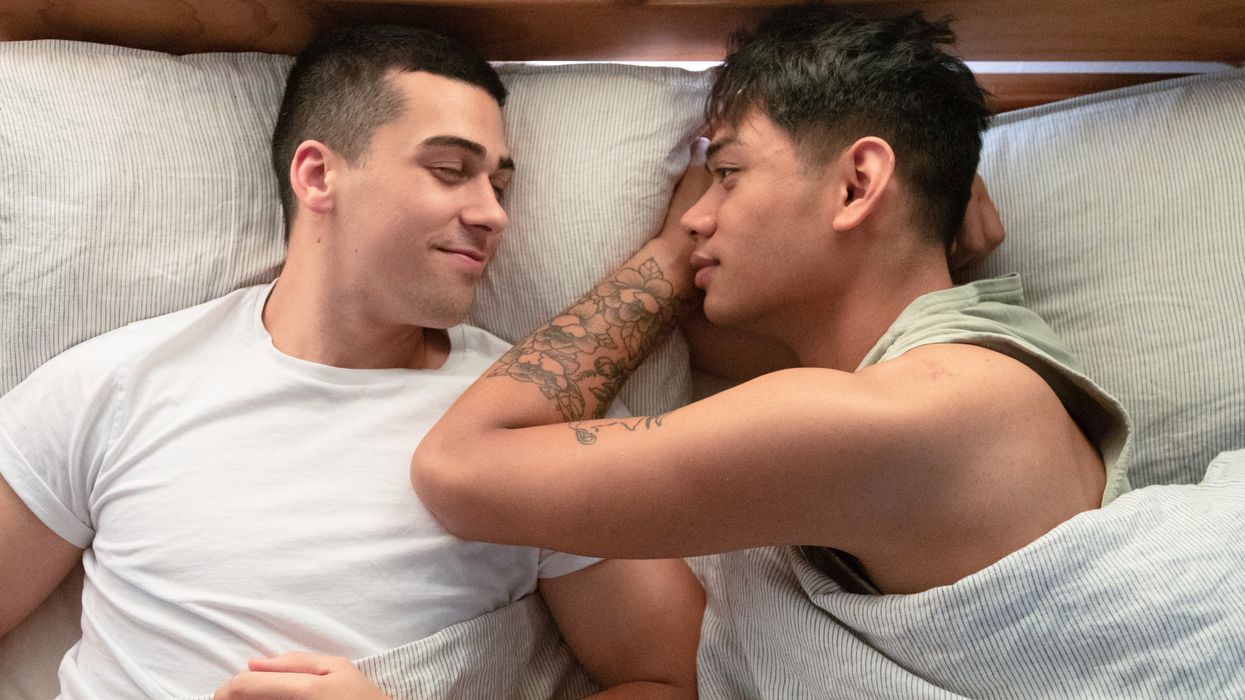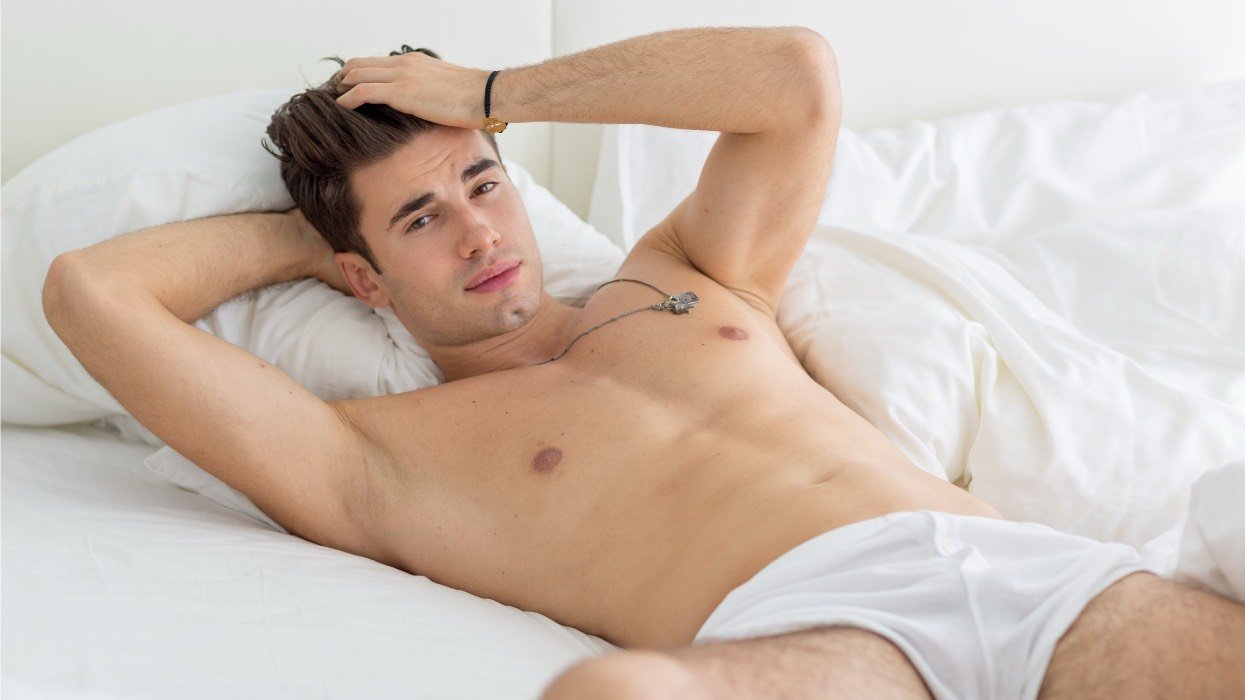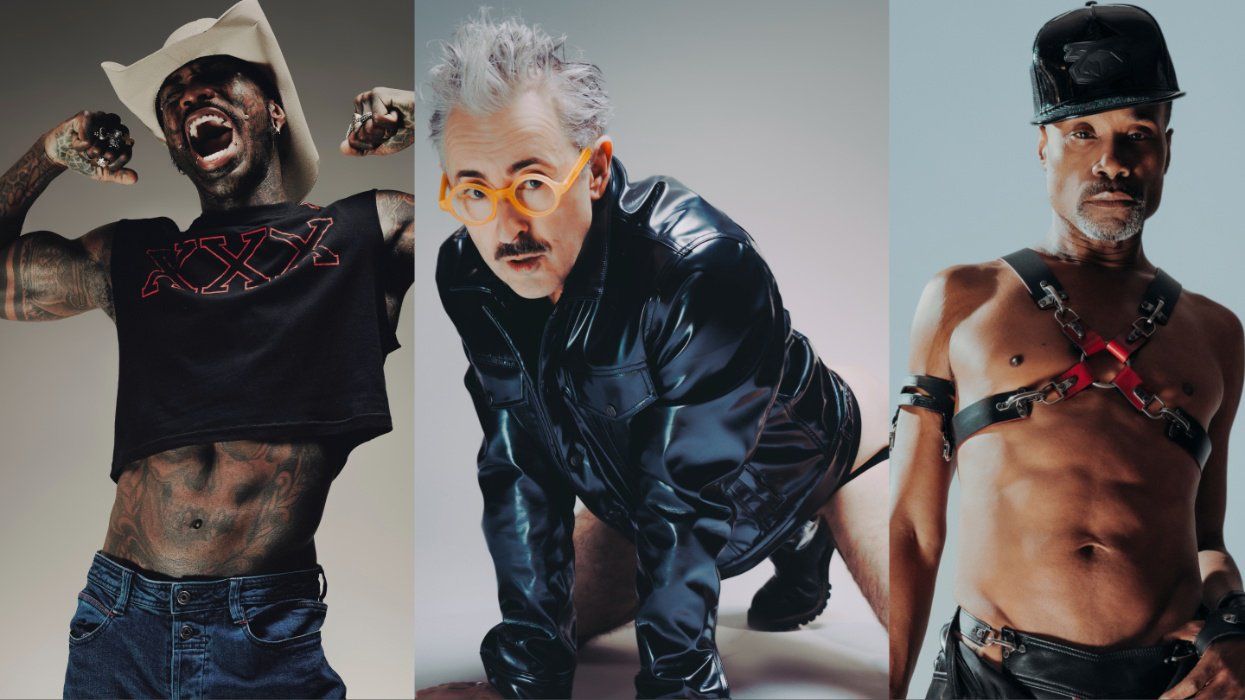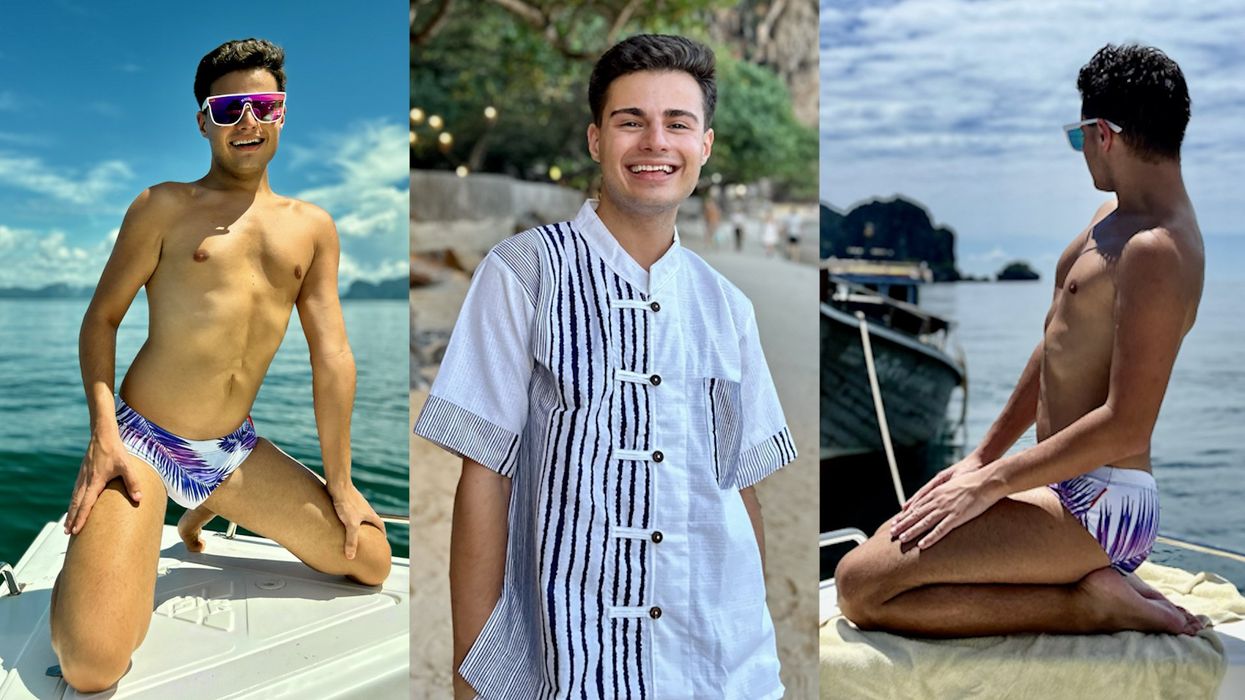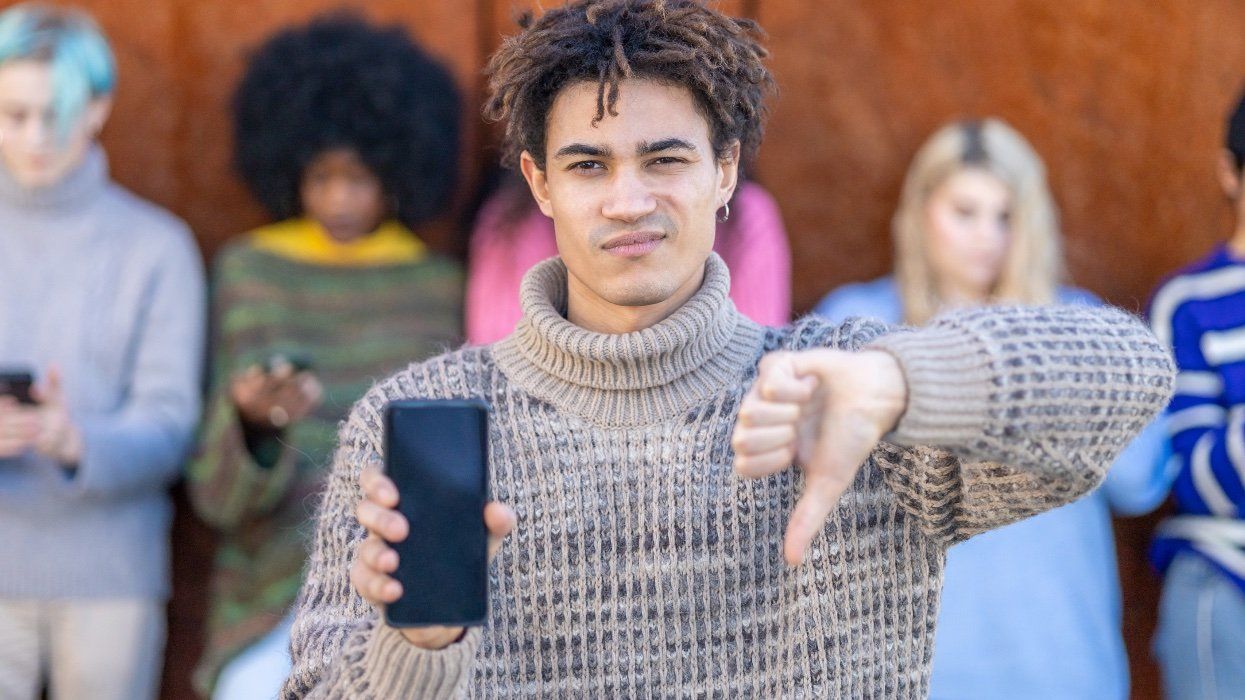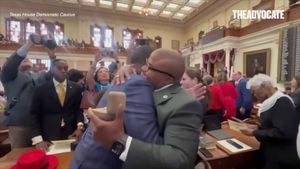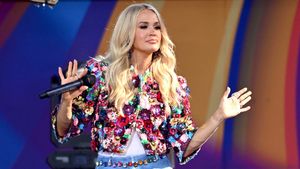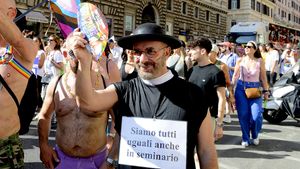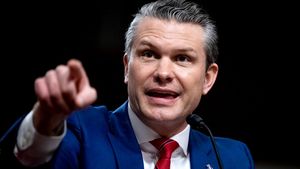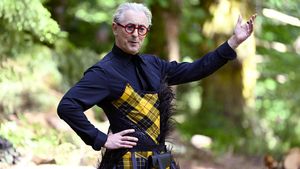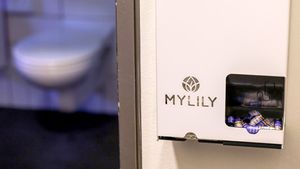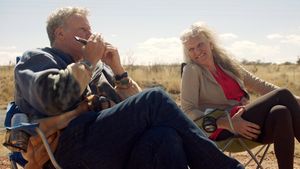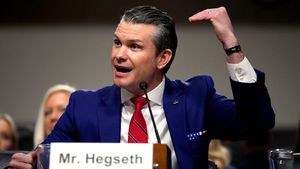Bisexuals are experiencing a watershed moment. Exemplified by Kate Brown’s ascension to the governor’s seat in Oregon in February, the B in LGBT is moving beyond eras of bisexual invisibility. In this atmosphere of celebration and expansion, we are delighted to introduce ourselves. We are BiLaw, the first ever national organization of bisexual-identified lawyers, academics, law students, and their allies in this country.
And Friday we will file an amicus brief with the Supreme Court in support of the four marriage equality cases.
Our amicus brief highlights the legacy of bisexual erasure in LGBT rights cases before the country’s highest court and in litigation across the country, despite the continued and evidenced harms caused by bisexual exclusion. As the brief explains, “Demographic data consistently demonstrate that bisexuals constitute more than half of the lesbian, gay, and bisexual populace. Bisexuals’ existence, however, is not reflected in litigation for the rights of lesbian, gay, and bisexual people.” This brief urges the court to reverse this trend of bisexual exclusion.
The brief illustrates that inclusion of bisexual identity in an equal protection analysis strengthens the argument that discriminatory marriage bans should be subject to a higher level of scrutiny. This means judges can’t uphold the laws simply because legislatures passed them but instead are required to more rigorously analyze why such laws were passed as well as consider whether such laws deny the equality guaranteed by our Constitution.
As the brief explains, the existence of bisexuality illustrates that bans on same-sex marriage “are, at their core, a form of sex discrimination. This discrimination is pervasive on the face of marriage statutes, which define marriage in terms of sex; moreover, sex discrimination is the most acute form of discrimination suffered by bisexuals because they are denied marriage rights only when they have fallen in love with someone whom their state views as the wrong person.”
In sum: A bisexual is permitted in all states to marry someone of the opposite sex but is still forbidden in 14 states from marrying someone of the same sex. This unequal treatment is clear evidence of sex discrimination, not just sexual orientation discrimination. The BiLaw amicus brief argues that the legacy of bisexual erasure in LGBT rights litigation denies the sexual orientation of many plaintiffs before the court and ignores the unique role that bisexual identities play in the court’s equal protection analysis.
BiLaw would like extend our deepest gratitude to the plaintiffs who have had the strength to bring their lives into such a public forum in the fight for equal rights. We also extend our profound gratitude to the advocates who have fought long and hard to bring marriage rights to all Americans, regardless of whom they love, and particular appreciation for those advocates who have made an effort to be increasingly inclusive of bisexuals in their litigation and discourse.
TOBY PHOEBE E. ADAMS is an attorney at law; NANCY C. MARCUS is a professor at Indiana Tech Law School; ANN TWEEDY is a professor at Hamline University School of Law; and KYLE C. VELTE is a professor at University of Denver Sturm College of Law. To join BiLaw or for more information, visit us on Facebook. 











































